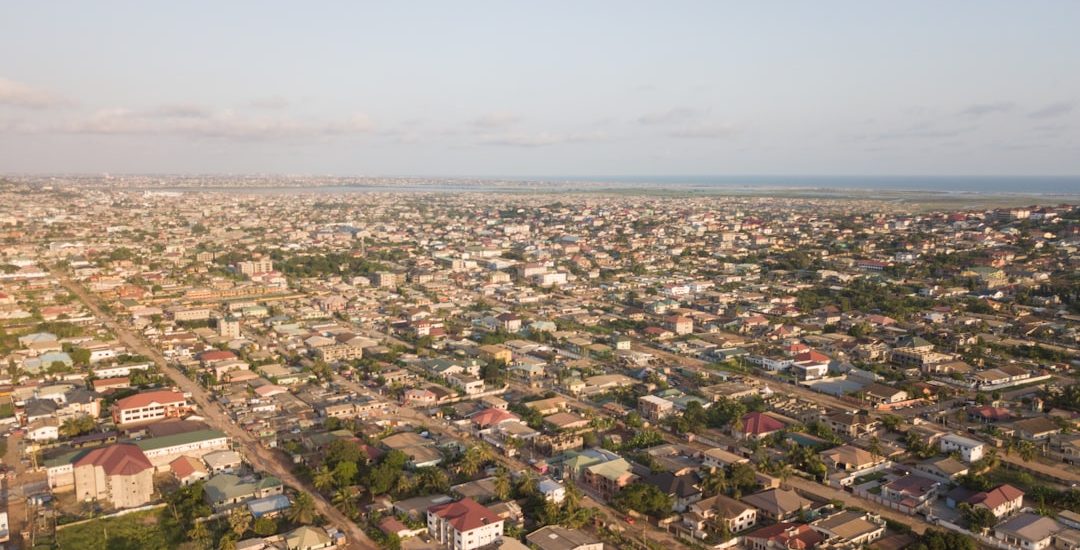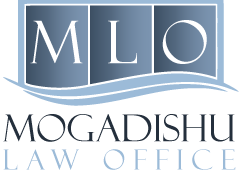Property Investment Framework Updates Signal Business Opportunities
- June 2, 2025
- Posted by: Haji Osman
- Categories: Business News, International, Investment & Trade, Legal Insights

We observe that Somalia’s property rights legal framework remains unchanged in recent months, despite significant strategic planning activities that may reshape the regulatory landscape in the coming years. According to UN officials, the government has intensified its focus on long-term development planning, which we believe will eventually impact property law and business operations across the country.
The Ministry of Planning, Investment and Economic Development recently convened with United Nations representatives to review progress under the UN Sustainable Development Cooperation Framework. Minister Mohamud A. Sheikh Farah and UN Deputy Special Representative George Conway emphasized aligning Somalia’s development agenda with global standards, including property rights and economic development frameworks. We note that the government is finalizing its National Transformation Plan and developing Vision 2060, a centennial strategic framework that will guide legal and institutional reforms.
From our experience advising clients on Somali property matters since 1984, we recognize these planning initiatives as precursors to substantive legal changes. The strategic frameworks under development will likely influence future legislative priorities, including land tenure security, property registration systems, and investment protection mechanisms.
International Standards Shape Local Reforms
We also observe relevant international developments that may influence Somalia’s legal framework. The UNIDROIT Governing Council recently adopted the Legislative Guide on Bank Liquidation, providing recommendations for effective legal frameworks in financial sector insolvency. While not Somalia-specific, such international guidance historically informs legal reforms in developing economies, particularly where financial stability intersects with property rights.
We advise our clients to monitor how these international standards might affect property assets in insolvency proceedings, mortgage enforcement, and secured transactions. If Somalia adopts elements of this guidance, practitioners may see changes in how property assets are treated during bank liquidations, affecting creditors’ rights and business risk assessments.
The UN Human Rights Report continues to highlight governance challenges in Somalia, which we know from our practice directly impact property rights enforcement and land tenure security. While no new property-specific legislation emerged from recent reports, ongoing governance reforms may eventually lead to updates in property and land laws.
What Businesses Should Expect
We recommend that investors and businesses operating in Somalia prepare for potential regulatory changes stemming from the National Transformation Plan and Vision 2060. Based on our decades of experience, strategic planning initiatives of this magnitude typically result in legislative updates within 12 to 24 months of finalization.
Key areas we expect to see development include:
- Property registration systems – Enhanced documentation and registration processes aligned with international standards
- Land tenure security – Clearer frameworks for property ownership and transfer mechanisms
- Investment protections – Stronger legal safeguards for foreign and domestic property investors
- Dispute resolution – Improved judicial and alternative dispute resolution mechanisms for property conflicts
We advise our clients to stay alert for the National Transformation Plan’s release and any subsequent legislative proposals. The intersection of international cooperation, strategic planning, and governance reforms creates an environment where significant property law changes become more likely.
From our perspective as practitioners who have navigated Somalia’s legal landscape for over four decades, we view these developments as positive indicators for the country’s property rights framework. While immediate changes have not materialized, the groundwork being established through strategic planning and international cooperation suggests meaningful legal reforms ahead. We continue monitoring these developments closely to provide our clients with timely guidance on regulatory changes that may affect their property interests and business operations in Somalia.

